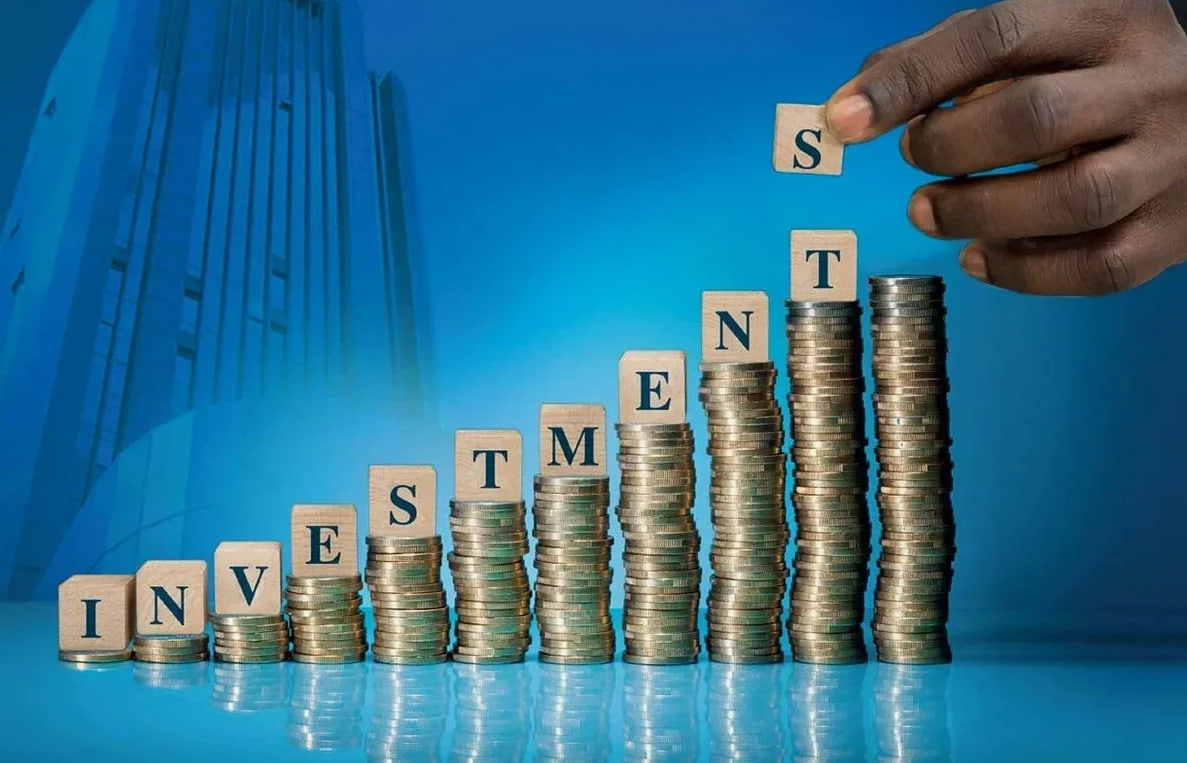Investing in real estate during a crisis can be profitable, but it requires a strategic approach and careful risk management. Here are key factors to consider when evaluating real estate investment opportunities during a crisis:

1. Lower Property Prices
- Discounted Opportunities: Economic downturns often lead to price drops, particularly in markets where property owners may be under financial pressure. This can create opportunities to buy properties below market value.
- Distressed Sales: Foreclosures, short sales, and distressed properties are more common during crises, offering investors a chance to purchase real estate at significant discounts.
2. Long-Term Appreciation
- Market Recovery: Real estate tends to appreciate over the long term. Although a crisis may cause short-term volatility, prices typically recover, and properties purchased at a lower price can yield significant capital gains when the market rebounds.
- Inflation Hedge: Real estate is often seen as a good hedge against inflation. During and after a crisis, inflationary pressures can drive up property values and rents, benefiting investors.
3. Rental Income Stability
- Steady Cash Flow: Real estate, especially residential rental properties, can provide a steady stream of income even during economic downturns. People still need housing, and demand for rental properties may increase if fewer people can afford to buy homes.
- Increased Rental Demand: In times of crisis, more individuals may turn to renting rather than purchasing homes, especially in markets hit hard by job losses or tighter lending standards. This can lead to stronger demand and stable occupancy rates.
4. Favorable Financing Conditions
- Low Interest Rates: Central banks often lower interest rates during crises to stimulate the economy. This can lead to cheaper borrowing costs, making it more affordable to finance real estate purchases and improving the return on investment.
- Government Incentives: Governments may offer tax breaks, grants, or other incentives to stimulate investment in real estate, particularly in affordable housing or development projects that boost local economies.
5. Opportunities in Distressed Markets

- Commercial Real Estate: During a crisis, sectors like retail and office spaces may face higher vacancy rates and lower demand. Investors with a long-term perspective can take advantage of reduced prices and repurpose or reposition commercial properties for future growth.
- Conversion and Redevelopment: Investors can focus on repurposing distressed commercial properties (such as converting offices or retail spaces into residential units) to meet changing market demands, potentially generating higher returns.
6. Diversification and Safe-Haven Appeal
- Diversification Strategy: Real estate can serve as a way to diversify investment portfolios, especially when other assets like stocks or bonds are highly volatile during a crisis. It provides a tangible asset that can produce income and long-term appreciation.
- Safe-Haven Asset: In times of crisis, real estate is often considered a safe-haven asset compared to equities or other more volatile investments. Investors seeking stability may turn to property as a secure and income-generating investment.
7. Potential Risks
- Vacancies and Default Risk: In a severe economic downturn, tenants may struggle to pay rent, leading to vacancies or rental income reductions. Commercial tenants, in particular, may close businesses, leaving landlords without steady income.
- Liquidity Risk: Real estate is generally less liquid than other asset classes, meaning it can be harder to sell quickly if needed during a crisis.
- Market Timing: If the market continues to decline after an investor makes a purchase, it may take longer for property values to recover, impacting short-term returns.
8. Strategic Investment Sectors
- Affordable Housing: Demand for affordable housing tends to remain robust during crises, as financial pressures cause more people to seek lower-cost housing options.
- Logistics and Industrial Real Estate: The rise of e-commerce and supply chain disruptions during crises increase the demand for warehouses and logistics centers, making these sectors attractive to investors.
- Healthcare and Senior Housing: Healthcare facilities and senior housing tend to be more resilient during economic downturns, providing stable income streams and growth potential.
Conclusion: Is It Profitable?

Investing in real estate during a crisis can indeed be profitable, but success depends on:
- Strategic purchasing at discounted prices.
- Sound financial management to weather potential rental income disruptions.
- A long-term investment horizon, allowing for market recovery and capital appreciation.
If you have access to capital, patience, and a solid understanding of the real estate market, a crisis can present some of the best buying opportunities, leading to strong long-term returns. However, it is essential to conduct thorough due diligence, assess the risks carefully, and maintain a diversified portfolio to mitigate potential downturns.